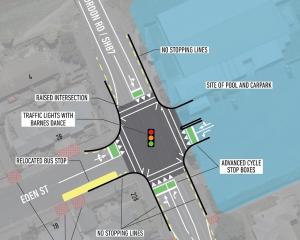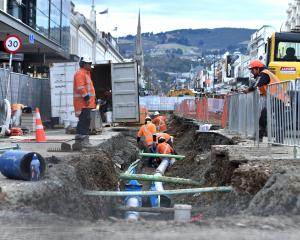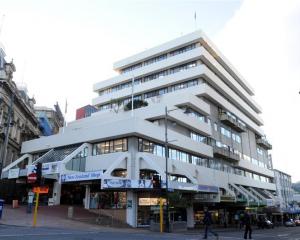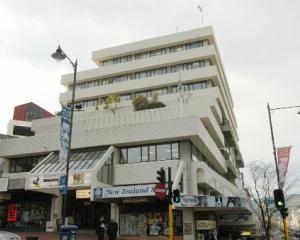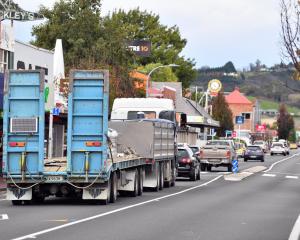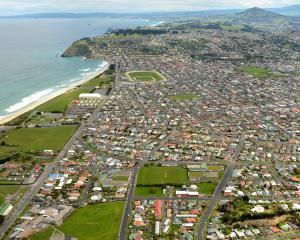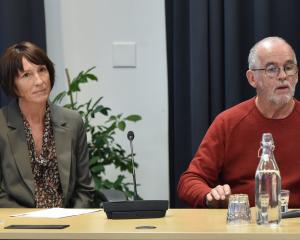Try to picture the scene. An angry mob descends on the Dunedin City Council offices seeking the head of chief executive Paul Orders. The gathering is of central city cafe owners demanding to know why their income has diminished. They want answers as to why there are no longer lingering meetings involving council staff enjoying coffee and cakes on the city purse. How dare Mr Orders put a stop to this! It was money for jam. And those council credit cards might have been a little battered from being well used but there was one thing about them - they never declined.
Satire aside, the coffee culture exposed by this newspaper's scrutiny of the use of council credit cards in 2010 was highly damaging to the public image of the organisation and in some ways became a symbol of a profligate period in the DCC's history.
While the straining backs of ratepayers were loaded up with debt and spending was planned on all manner of projects, council staff were apparently hard at work in the city's coffee houses indulging in some blue-sky thinking. While undoubtedly unfair to many hardworking council staff, this perception of a slack regard for appropriate financial restraint created an indelible impression of a culture gone wrong. And, rightly or wrongly, organisations such as the DCC do have to deal with the fact that for many people perception is reality.
Among certain council staff it appeared a misplaced sense of entitlement had developed. Some apologised and $7000 was paid back. That left $100,000 spent by 36 managers over three years on food, coffee, entertainment and drinking, all deemed appropriate by the city's then-CEO Jim Harland. Mr Harland, by nature not spendthrift, declined to release details of another 25,000 transactions totalling $4.3 million unless the ODT paid $8000 to cover the staff time to dig out the information. It was an interesting decision. The smell of lazy morning lattes on the ratepayer dime certainly irritated the nostrils of many an indignant ratepayer.
Fast forward to the arrival of Mr Orders. He has apparently seldom been seen in central-city cafes since he took on the role.
The business-like Welshman, personable and by all accounts well liked by council staff, did make one well-publicised visit in the Octagon during office hours, but that was on council business talking to protesters camped there as part of the Occupy movement. As far as can be ascertained he did not stop for a coffee on the way.
It seems Mr Orders, who immediately upon arrival plunged into the ORFU quagmire and other messes, has made a decent fist so far towards negotiating the key challenges facing the city, challenges that doubtless were part of of the lure of the job.
There is a certain attraction to being a new broom - in that if there is any mess to clean up it is not of your making. Some of the most obvious sweeping up that needed to be done was around embarrassing staff spending. This week came confirmation that on Mr Orders' watch the coffee culture is at an end. While staff quite properly have approval to use credit cards for legitimate purposes - including entertainment - cafe meetings between council workers have been consigned to history. Mr Orders said that while some meetings between staff and outside parties could be tolerated, as could hosting obligations, cafe meetings between staff were unacceptable: "My views are unequivocal on this."
Given job cuts in the city - indeed throughout the country - and the global financial downturn biting harder every month, the climate could not be more suited to a change of culture. Some would say it is long overdue.
Again this needs to be put in context. The DCC can be an easy target and staff members can often unfairly bear the brunt of dissatisfaction for decisions that were not of their making. But equally in their own sphere of operations they have a duty to act responsibly, especially when extended a line of public credit.
The tone of a workplace culture is set at the top and trickles down and through the rest of the organisation. In demonstrating this magnitude of change, Mr Orders has shown that it can be done. He faces many more challenges, but this is an encouraging start.


